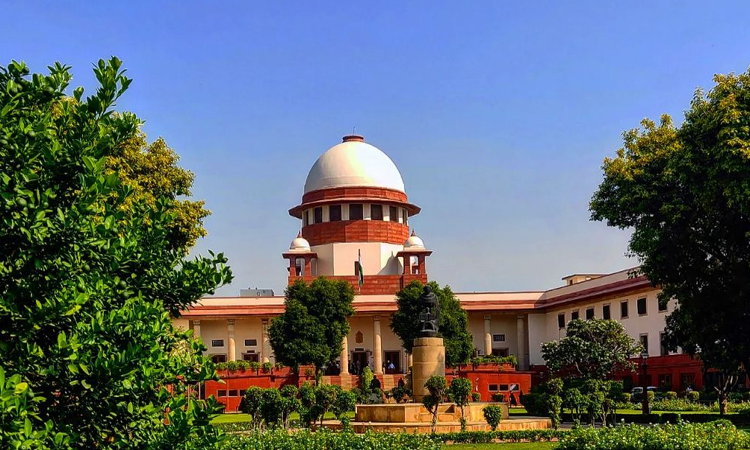The Supreme Court, on Wednesday, agreed to list a 2018 plea preferred by Centre for Public Interest Litigation seeking direction to the Centre to notify appointment of those whose candidature for judgeship has been reiterated by the collegium.Advocate, Mr. Prashant Bhushan appearing before a Bench comprising the Chief Justice of India, D.Y. Chandrachud, Justice Hima Kohli and Justice...

